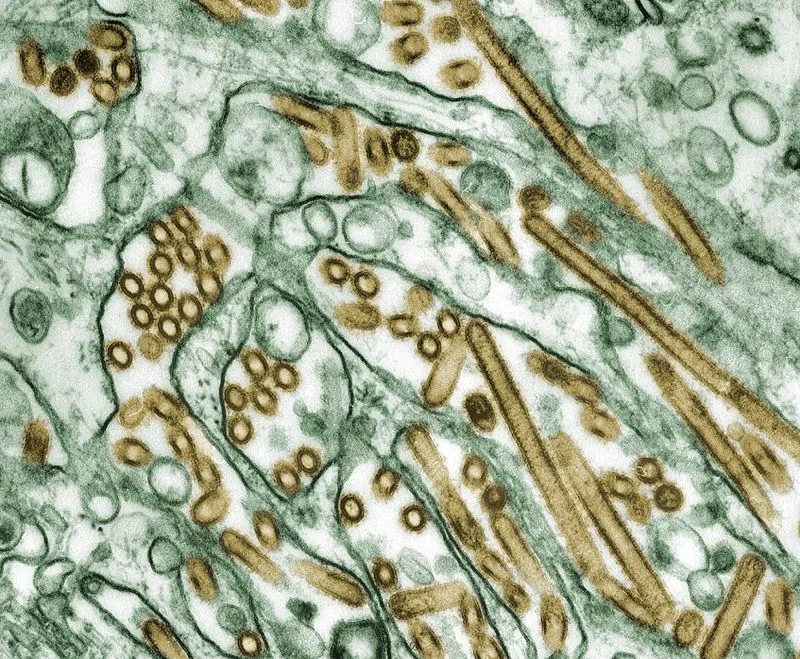Bird Flu Infection in Missouri Raises Concerns About H5N1 Strain

Overview of the Missouri Bird Flu Case
A recent case of bird flu in Missouri involving a patient hospitalized with the H5N1 strain has raised alarms, as the individual had no contact with infected animals. This unique situation prompts urgent investigation into how the infection occurred.
Investigation and Findings
The CDC disclosed that the viral sequence has been uploaded to the GISAID database. The findings suggest a close link between this strain and the one affecting dairy cattle in multiple states. The person who tested positive was hospitalized with symptoms, and further testing confirmed the unusual H5 virus.
Potential Risks and Monitoring Efforts
- Despite the concerning implications, the monitoring of close contacts has revealed no evidence of person-to-person transmission.
- Other human infections of H5N1 reported this year have largely been mild and categorized as dead-end infections.
- Mutations observed in the virus could influence candidate vaccine development.
Conclusion of Investigation
The confirmed patient, who had existing health conditions, remains under observation. The CDC indicates that this incident is not considered incidental to the patient's hospitalization and emphasizes the importance of ongoing surveillance.
Disclaimer: The information provided on this site is for informational purposes only and is not intended as medical advice. We are not responsible for any actions taken based on the content of this site. Always consult a qualified healthcare provider for medical advice, diagnosis, and treatment. We source our news from reputable sources and provide links to the original articles. We do not endorse or assume responsibility for the accuracy of the information contained in external sources.
This article was prepared using information from open sources in accordance with the principles of Ethical Policy. The editorial team is not responsible for absolute accuracy, as it relies on data from the sources referenced.